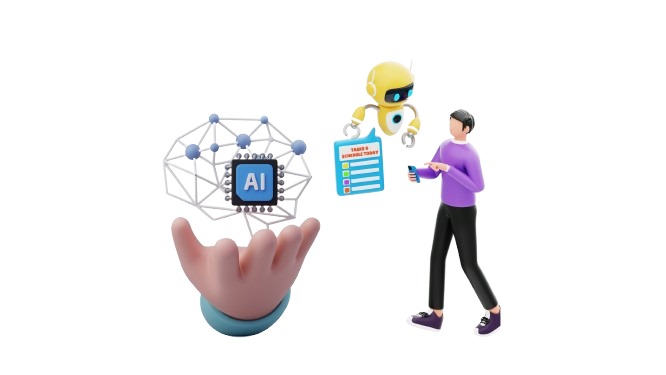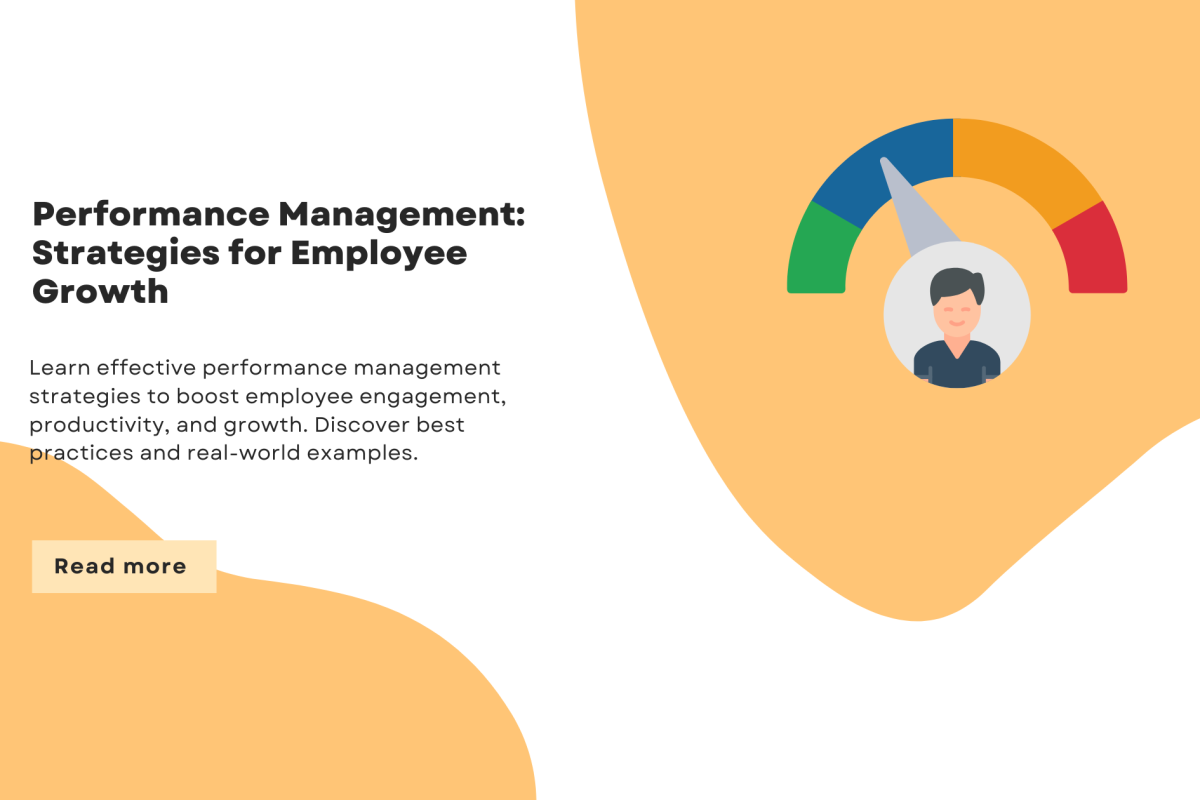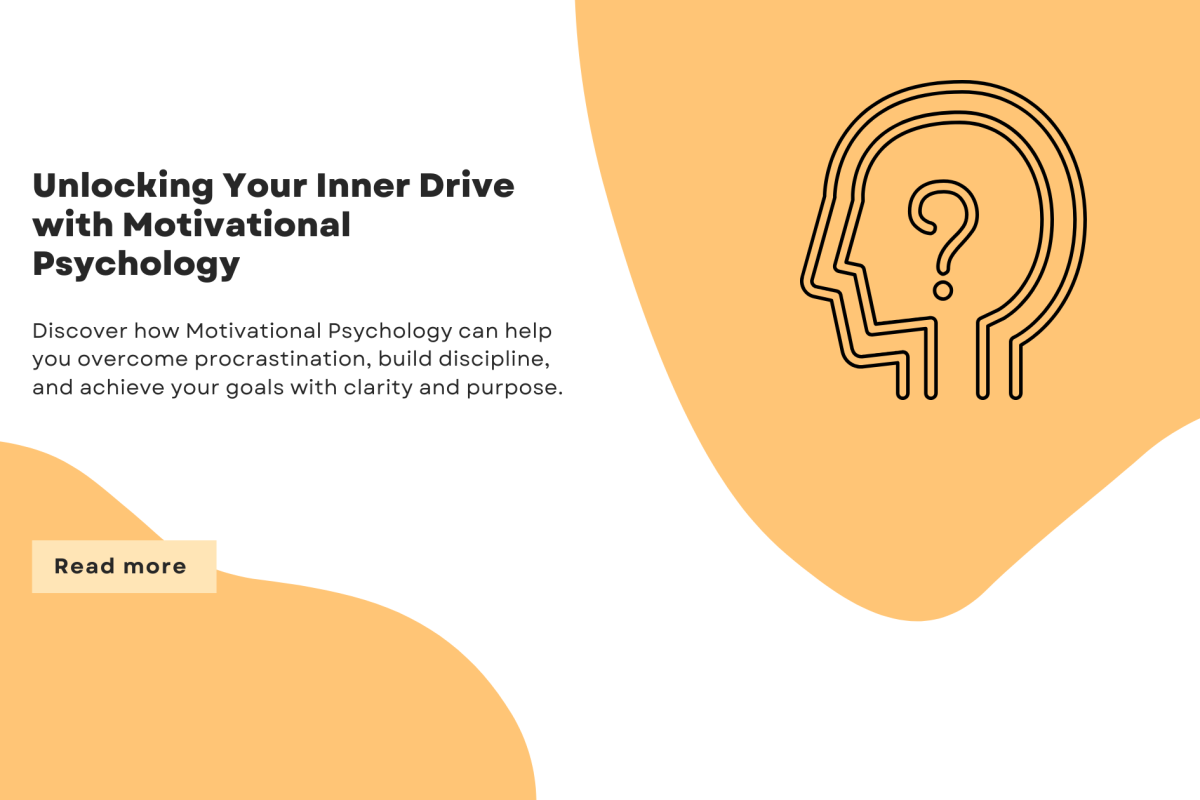The Future of Leadership: Artificial intelligence (AI) is no longer a futuristic concept; it is a present-day reality transforming the way businesses operate. One of the most significant areas impacted by AI is leadership. As companies adopt AI-driven tools and systems, management roles are evolving rapidly. In this article, we’ll explore how AI is reshaping leadership, the new competencies required of leaders, and how to harness AI for effective decision-making.
AI-Powered Decision Making
AI has revolutionized decision-making by offering data-driven insights that are more accurate, timely, and comprehensive than traditional methods. Tools powered by machine learning can analyze vast datasets, detect patterns, and provide predictive analytics. This allows leaders to make informed decisions backed by real-time data.
Benefits of AI in Leadership Decisions
- Increased efficiency through automation of repetitive tasks
- Enhanced forecasting for market trends and customer behavior
- Objective evaluation of team performance and KPIs
Leaders must now learn to interpret and act upon AI-generated insights, requiring a strong foundation in data literacy and analytical thinking.
Redefining Leadership Roles
The traditional image of a leader as a sole decision-maker is being replaced. AI has democratized access to information, enabling collaborative and decentralized decision-making models.
Emerging Leadership Responsibilities
- Facilitating AI integration into workflows
- Cultivating a data-driven culture
- Leading ethical discussions around AI usage
Modern leaders must embrace adaptive leadership styles, focusing on agility, inclusivity, and innovation.
Emotional Intelligence Meets Artificial Intelligence

While AI excels at logic and data processing, it lacks emotional intelligence—a domain where human leaders still hold the advantage. Leaders in the AI era must blend technological acumen with emotional intelligence to manage change and inspire teams.
Balancing EQ and AI
- Use AI for administrative tasks to free up time for strategic thinking
- Leverage data to understand employee engagement and morale
- Emphasize empathy, listening, and personalized communication
Combining AI capabilities with high emotional intelligence (EQ) creates more human-centered leadership.
Ethical Considerations in AI Leadership
With AI’s growing influence comes the responsibility to address ethical concerns. Bias in AI algorithms, data privacy, and transparency must be actively managed by leaders.
Key Ethical Practices
- Ensuring fairness and accountability in AI decisions
- Maintaining transparency with stakeholders
- Establishing AI governance frameworks
A leader’s role is to create ethical AI policies that align with the organization’s values and societal expectations.
Upskilling for the AI Era
Leadership in the AI age demands continuous learning and upskilling. Executives and managers must become familiar with AI fundamentals and digital transformation principles.
Core Skills for Future Leaders
- Digital literacy and basic understanding of AI
- Strategic thinking with a tech-forward mindset
- Change management and innovation
Training programs, certifications, and cross-functional collaboration can help bridge knowledge gaps.
Conclusion
The Future of Leadership: The integration of AI into leadership is not about replacing humans; it’s about augmenting leadership capabilities. By understanding AI’s potential and limitations, future leaders can harness it to drive performance, foster innovation, and build resilient organizations. The future of leadership is not human vs. machine—but human with machine.
Frequently Asked Questions
1. Will AI replace managers and leaders in the future?
No, AI will support and augment leadership roles but not replace the human qualities essential for managing people.
2. What skills do leaders need in the AI era?
Key skills include data literacy, emotional intelligence, strategic thinking, and technological awareness.
3. How can leaders integrate AI ethically?
By establishing clear ethical guidelines, ensuring algorithmic fairness, and being transparent about AI use.
4. Is AI useful for small business leaders too?
Yes, AI tools for automation, CRM, and analytics can benefit leaders in businesses of all sizes.
5. How does AI affect decision-making?
AI enhances decision-making by providing real-time insights, reducing bias, and forecasting future trends.
For more information, visit our website.



